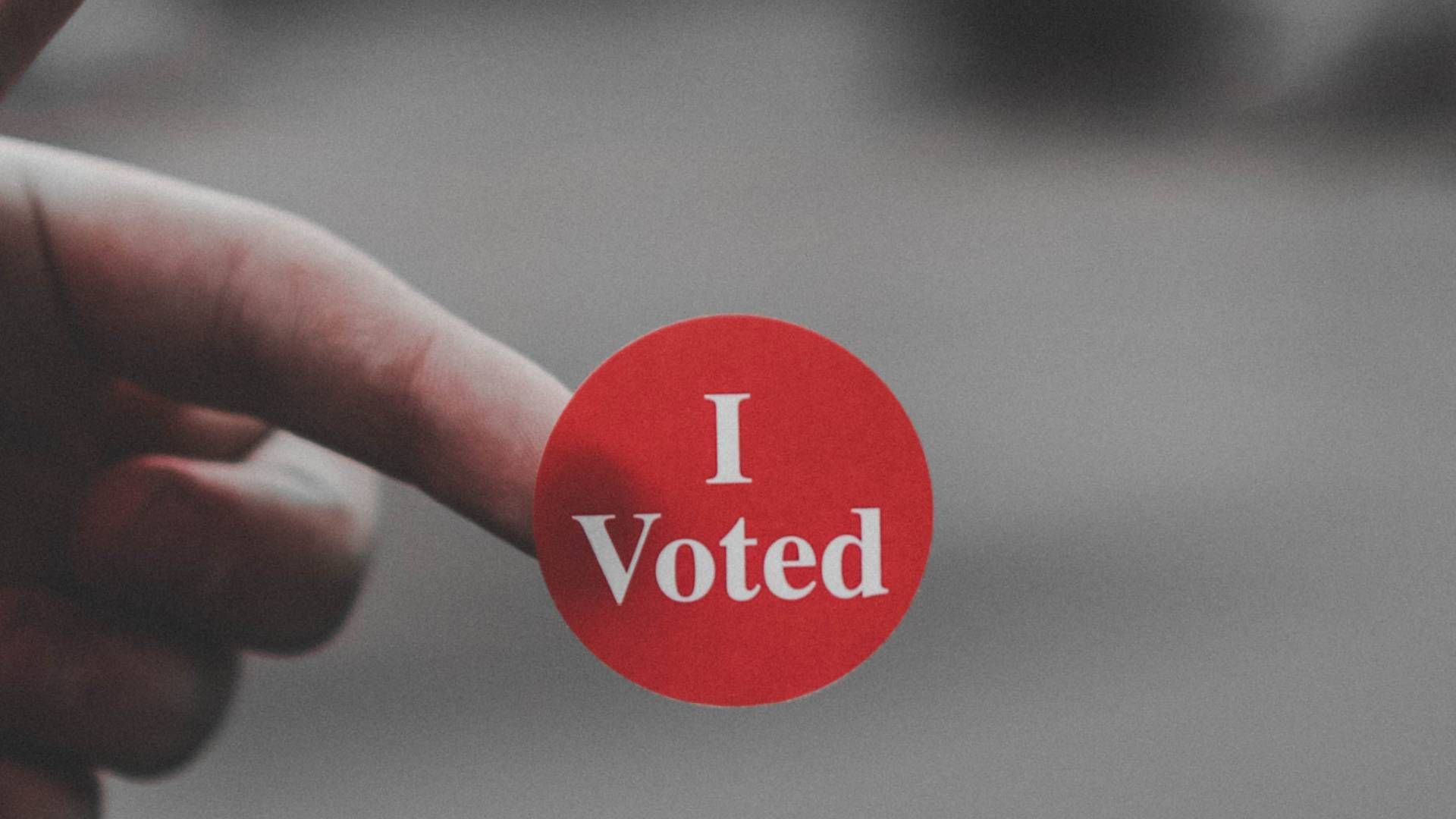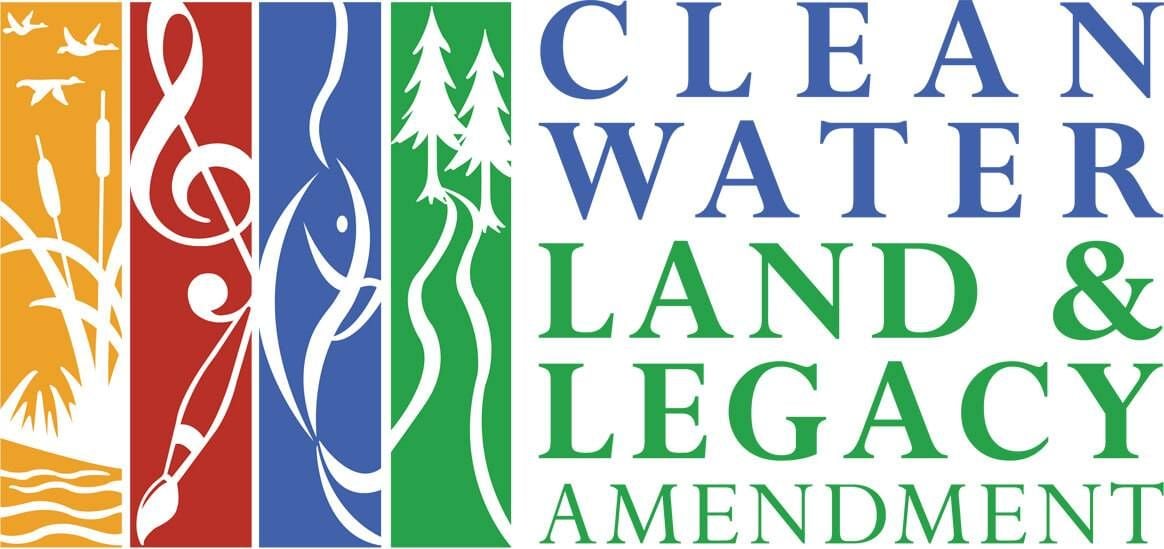A Right to Vote Is Not Always Your Right
There are many people in Minnesota who can't vote today.

America is known for the principle of one person, one vote, but that principle is not universally applied. From women’s suffrage efforts in the early 20th Century to the current issue of felons’ voting rights, unfairness is present in the American voting system. Minnesota is still engaged in a struggle for suffrage even as we celebrate the 100th anniversary of women gaining the right to vote.
Women struggled to have their voices be heard to get the right to vote. Between 1881 and 1920, the Minnesota Woman Suffrage Association produced marches, petitions, letters, signatures, speeches and pamphlets to be recognized for a right to vote. Minnesota became the fifteenth state to ratify the 19th Amendment on September 8, 1919.
Like the fight for women’s suffrage, the restoration of voting rights for felons has its own state-by-state process. As the Minnesota Secretary of State website explains: “Your criminal record does not affect your right to vote in Minnesota unless you are currently serving a felony conviction sentence, including probation, parole or supervised release.” Minnesota law mandates a loss of voting until the completion of a sentence, parole or probation, with an automatic restoration after.
While this explanation may sound as if Minnesota is a state where voting rights are protected, the numbers and experiences of people with felony convictions tell a different story. An estimated 52,000 Minnesotans are not able to vote because they are on felony probation, a supervised release or supervision. Some probations can last up to 40 years, which is time that those people are not allowed to vote.
Tierre Caldwell is one of those people. He is quoted on the American Civil Liberties Union of Minnesota website as saying, “I’ve already paid my debt to society. I’m paying taxes, but I don’t really feel like I’m a part of ‘society’ because I can’t vote. I can’t vote for my kids’ sake for who to put on the school board, and I can’t be part of any of that.” Caldwell has joined with the ACLU of Minnesota to push for the restoration of voting rights for felons once they are released from prison terms.
Minnesota is seeing a growing momentum for a bill to move towards restoring voting rights to the estimated 52,000 Minnesotans who are on probation or supervision. The bill, authored by Representative Raymond Dehn, allows a loss of voting only while incarcerated and automatic restoration after release. The bill makes the restoration of voting rights simple: Once a person is out of jail, that person can vote again.
The 100th anniversary of the ratification of the 19th Amendment gives us the opportunity to reflect on the significance of the principle of one person, one vote in the United States of America. Let’s remember the women’s suffrage movement and the adversity women overcame in their decades-long fight for the vote. Then, let’s consider who still can’t vote today. Tierre Caldwell and others like him are hopeful that both the women’s suffrage movement and the movement to restore voting rights to people with felony convictions will be campaigns that will be remembered and celebrated in Minnesota history.
Watch the Minnesota Experience documentary, Citizen, which explores the multigenerational march of Minnesota women and all they hoped would come with the vote.
Editor’s note: This story – and others in the collection, Then & Now: Reflections on Women’s Suffrage – was written by a St. Catherine University student in the Public Relations Writing class held in the spring of 2020. The piece has been minimally edited to preserve the integrity of the student’s perspective. We hope you enjoy discovering what the next generation of writers, historians and activists has to say about the impact of the women’s suffrage movement then and now.

This story is made possible by the Arts and Cultural Heritage Fund and the citizens of Minnesota.
As Minnesotans look for ways to show their support for healthcare workers on the front lines of the COVID-19 pandemic, we took a look back in time to celebrate the contributions that four women – all named Ruth – made to the state’s public health system.
Just 39 words in length, the 19th Amendment to the U.S. Constitution gave women the right to vote when it was passed on June 4, 1919 and enacted on August 26, 1920 – but its passage was fraught with decades of legal challenges and intense demonstrations in which women activists sometimes put their lives directly on the knife’s edge. Explore a timeline contributions of Minnesota women to the passage of the 19th Amendment.
